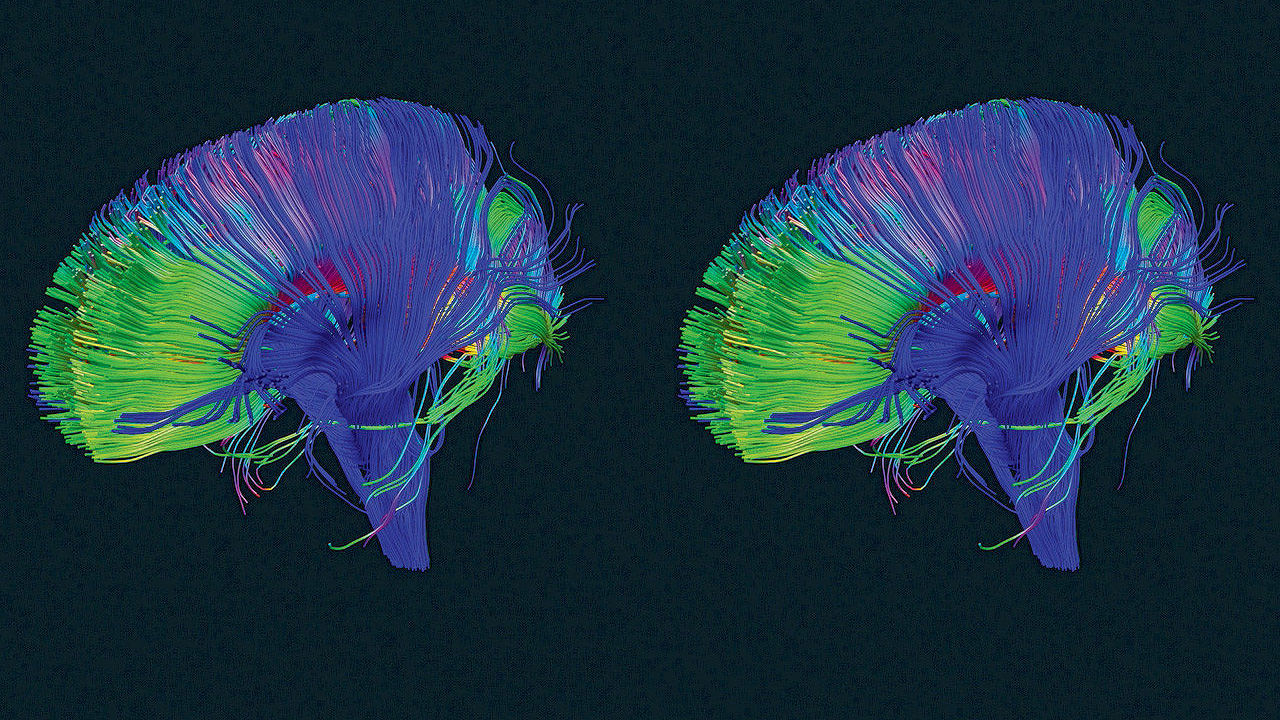Share your quitting journey
- EX Community
- Conversations
- Journals / Blogs
- Brain Garden
Brain Garden
- Subscribe to RSS Feed
- Mark as New
- Mark as Read
- Bookmark
- Subscribe
- Printer Friendly Page
- Report Inappropriate Content
Stumbled upon this. Thought it right up our Quit Alley! Prune out the craving thoughts, strengthen the positive reinforcements. Re-focus, rebuild, rejuvenate, rejoice! ~G~
Your Brain Has A "Delete" Button
—Here's How To Use It
This is the fascinating way that your brain makes space to build new and stronger connections so you can learn more.
There’s an old saying in neuroscience: neurons that fire together wire together. This means the more you run a neuro-circuit in your brain, the stronger that circuit becomes. This is why, to quote another old saw, practice makes perfect. The more you practice piano, or speaking a language, or juggling, the stronger those circuits get.
The ability to learn is about more than building and strengthening neural connections.
For years this has been the focus for learning new things. But as it turns out, the ability to learn is about more than building and strengthening neural connections. Even more important is our ability to break down the old ones. It's called "synaptic pruning." Here’s how it works.
Your Brain Is Like A Garden
Imagine your brain is a garden, except instead of growing flowers, fruits, and vegetables, you grow synaptic connections between neurons. These are the connections that neurotransmitters like dopamine, seratonin, and others travel across.
"Glial cells" are the gardeners of your brain—they act to speed up signals between certain neurons. But other glial cells are the waste removers, pulling up weeds, killing pests, raking up dead leaves. Your brain’s pruning gardeners are called "microglial cells." They prune your synaptic connections. The question is, how do they know which ones to prune?
Researchers are just starting to unravel this mystery, but what they do know is the synaptic connections that get used less get marked by a protein, C1q (as well as others). When the microglial cells detect that mark, they bond to the protein and destroy—or prune—the synapse.
This is how your brain makes the physical space for you to build new and stronger connections so you can learn more.
Why Sleep Matters
Have you ever felt like your brain is full? Maybe when starting a new job, or deep in a project. You’re not sleeping enough, even though you're constantly taking in new information. Well, in a way, your brain actually is full.
When you learn lots of new things, your brain builds connections, but they’re inefficient, ad hoc connections. Your brain needs to prune a lot of those connections away and build more streamlined, efficient pathways. It does that when we sleep.
Your brain cleans itself out when you sleep—your brain cells shrinking by up to 60% to create space for your glial gardeners to come in take away the waste and prune the synapses.
Have you ever woken up from a good night’s rest and been able to think clearly and quickly? That’s because all the pruning and pathway-efficiency that took place overnight has left you with lots of room to take in and synthesize new information—in other words, to learn.
Thinking with a sleep-deprived brain is like hacking your way through a dense jungle with a machete. Its overgrown, slow going, exhausting.
This is the same reason naps are so beneficial to your cognitive abilities. A 10- or 20-minute nap gives your microglial gardeners the chance to come in, clear away some unused connections, and leave space to grow new ones.
Thinking with a sleep-deprived brain is like hacking your way through a dense jungle with a machete. It's overgrown, slow-going, exhausting. The paths overlap, and light can’t get through. Thinking on a well-rested brain is like wandering happily through Central Park; the paths are clear and connect to one another at distinct spots, the trees are in place, you can see far ahead of you. It’s invigorating.
Be Mindful Of What You’re Mindful Of
And in fact, you actually have some control over what your brain decides to delete while you sleep. It's the synaptic connections you don’t use that get marked for recycling. The ones you do use are the ones that get watered and oxygenated. So be mindful of what you’re thinking about.
If you spend too much time reading theories about the end of Game of Thrones and very little on your job, guess which synapses are going to get marked for recycling?
If you’re in a fight with someone at work and devote your time to thinking about how to get even with them, and not about that big project, you're going to wind up a synaptic superstar at revenge plots but a poor innovator.
To take advantage of your brain’s natural gardening system, simply think about the things that are important to you. Your gardeners will strengthen those connections and prune the ones that you care about less. It's how you help the garden of your brain flower.
You must be a registered user to add a comment. If you've already registered, sign in. Otherwise, register and sign in.
-
Helping Adult Quit
13 -
Helping Child Quit
11 -
Longtime Quit
879 -
Preparing to Quit
275 -
Quitting Chewing
17 -
Quitting Medicinal Nicotine
15 -
Quitting Smoking
363 -
Quitting Tobaccoless Pouches
10 -
Quitting Vaping
174 -
Recently Quit
431 -
Staying Quit
173 -
Trying Again
172 -
Undecided
19

